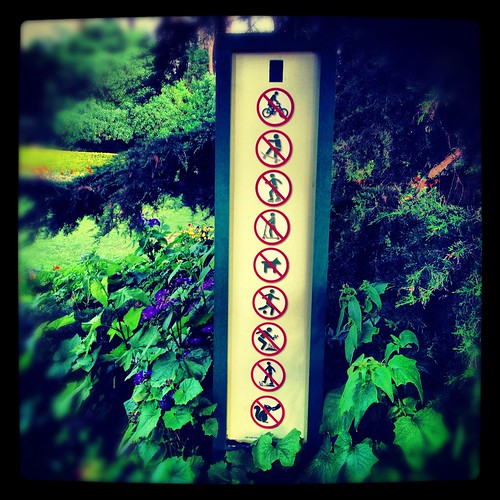CP’s Rule #7 – You can’t make someone else’s choices. You shouldn’t let someone else make yours.
This is an interesting one for me. I have been a production person for most of my life now, and much of that time has been about responding to other people’s ideas and then making them awesome. In some ways this feels like someone is making my choices for me. I am not getting to choose what I make awesome, just to make whatever it is awesome.
Part of this is great perspective. I am not the one who is filling the blank page with ideas. I am not the one who is figuring out the direction for our whole organization. In many ways my job is to facilitate these ideas.
On the downside, as a Type 9 on the Enneagram (peacemaker), I have noticed that I defer to most everyone. So not only am I a tech person that pulls off other people’s ideas, I tend to let everyone else’s ideas and opinions matter more than mine. In some cases, I don’t even bother to have an opinion because life is easier to not formulate one.
So on one hand, I am in need of some serious counseling.
On the other hand, there are some helpful ways to deal with being in a position of helping pull off other people’s choices while still being responsible for your own.
Understand your boundaries
When you are engaging with other people’s ideas, make sure you are aware of what your boundaries should be. How much time can you devote to a new idea this week? What prior commitments have you already made for your team? What is your daughter’s middle school girl’s volleyball game schedule?
Sometimes work can/should override some of these considerations, but it shouldn’t always take precedent. You should be in the habit of regulating your boundaries enough that there is a good balance between having your job (or your volunteering) run your life, or you running it. You should be weighing out the situation on a continual basis.
As Jack Welch would say,
“Your boss wants you to have a balanced life. Your boss also wants you to figure it out for yourself.”
Embrace other’s ideas as your own
Once you have agreed to making someone’s idea awesome, pretend like it is your own. Don’t wait around for someone to make the decisions that you are designed to make. How can you put your fingerprints on an idea?
Nobody understands your expertise like you do.
Bring your ideas to the table.
Speak up.
Make it happen.
Once you have said yes, jump in with your whole self.
Rule #8 is next: Check small things.








